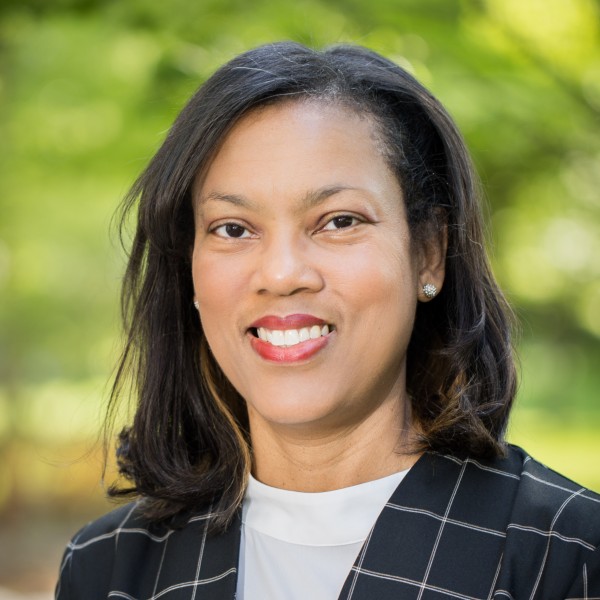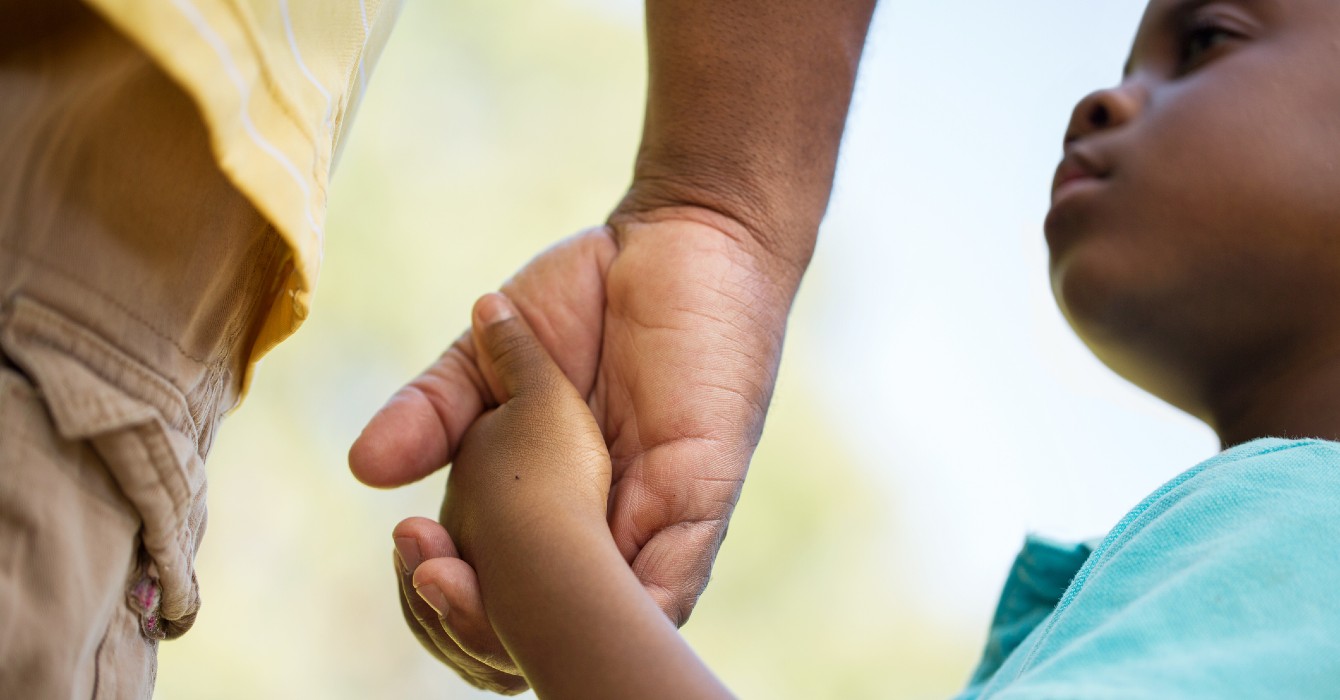A few months ago, my phone rang very early one morning, long before anyone would typically call. I knew, even before I answered, that one of my soldiers had died. Though I had spent a lot of time with him in the nine months that we worked together, I had never met his wife or young daughter.
As a colleague and I arrived at the soldier’s house, I reminded myself that nothing I could say would make the situation better for his widow. Her husband was dead. Her daughter would grow up without her father. Nonetheless, I also knew that just being there, being present, was one important gift I had to offer her on a very dark day.
We spent seven hours with her -- much more time than a typical pastor would spend with one person, even in the midst of death. But at least for that first day, we were the ones to step in for her family and friends who lived elsewhere and needed time to travel to Colorado. We were the ones to remind her that she was not alone in her grief.
For the past year, I have served wounded, ill and injured soldiers as the chaplain of the Warrior Transition Battalion in Fort Carson, Colorado. Though our unit rarely has casualties, grief and loss are common among all my soldiers. They come to our unit because they suffer from myriad issues that almost always make it impossible for them to remain in the Army.
Many are struggling with post-traumatic stress because of combat or other disturbing experiences. Others are battling cancer or learning to live without the use of legs or arms because of amputation or paralysis. As the chaplain, I accompany each soldier in his or her journey of healing and help each discover that despite physical, emotional or spiritual wounds, hope persists.
In one way or another, all my soldiers are dealing with major losses and the prospect of more to come -- loss of health, career, life dreams and a future they once imagined. Much like older people facing retirement, they go through a grieving process. But unlike soon-to-be retirees, these soldiers are still young, in their 20s and 30s, and their losses are likely deeper and more profound.
They still have more life in front of them than behind, but their service has made them feel older than their years. It has accelerated their aging. Whether a permanent back injury from jumping out of too many airplanes or systemic arthritis from years of carrying equipment on foot over miles, many of their physical wounds will never fully mend. That’s why emotional and spiritual healing matters so much.
A few months ago, we started a spirituality group and invited all the soldiers and staff members from our unit, regardless of their religious backgrounds. At the first meeting, soldiers showed up in large numbers, drawn perhaps by the free lunch we provided. But as the weeks went by and the group coalesced, it was clear that they were coming for more than the food.
Studying the room each week, I couldn’t help thinking that our group embodies the best of what our Constitution hoped for in the First Amendment’s promise of freedom of religion. At every meeting, we break bread together and share our diverse thoughts on faith. The dyed-in-the-wool Baptist, the Buddhist, the “spiritual but not religious,” the atheist -- all have an equal place around our circle.
As they talk respectfully with one another, listening rather than arguing, these soldiers are an example that many in our country today could learn from. Being in the Army has taught us, and in some cases forced us, to be tolerant. We do see color, class, education and rank, but our work demands that we find a way to transcend those distinctions so that all of us, the whole team, might thrive.
One soldier shared that he was struggling with a lot in his life and that though he had received support from our unit’s medical professionals, he had also been helped tremendously by coming to our group and being heard by his peers. The soldiers in the Warrior Transition Battalion are surrounded by a team of health care providers, from psychologists and social workers to doctors and nurses. In our society today, it is easy to believe that they are the only real professionals who have what is needed to help a person in crisis. Sometimes, though, it is good, even powerful, simply to have a friend, someone to listen and make you feel less like a patient and more like a human being.
Pastors and chaplains can be this kind of presence, too. Often, the chaplain is the first person a soldier turns to when he is facing adversity or when she is struggling with depression or even thoughts of suicide. It would be easy simply to pass such people along to the mental health experts or someone else with more credentials, but that act, by itself, misses the point. Soldiers come to the chaplain because they want spiritual guidance or just to be heard and validated, not because they are looking for a pill or to be labeled with an illness.
Church members often ask me how best to reach out to veterans, especially as their numbers grow and many of the programs meant to assist them prove inadequate. Anyone who has been wounded -- physically, emotionally or spiritually -- knows that healing is not a linear process. It follows no timeline. Most soldiers I work with leave the Army still needing support so that they can continue to get better. It will be up to other communities beyond the military, communities such as the church, to pick up where the Army has left off.
Not all veterans are wounded, ill or injured, but each has a story that he or she is waiting to tell. As Veterans Day approaches and our country honors those who have served in the military, make space for veterans to share their stories.
It’s OK to thank a veteran for his or her service. But better yet, take the time to listen and to be present. There is no more meaningful way to say thank you.














